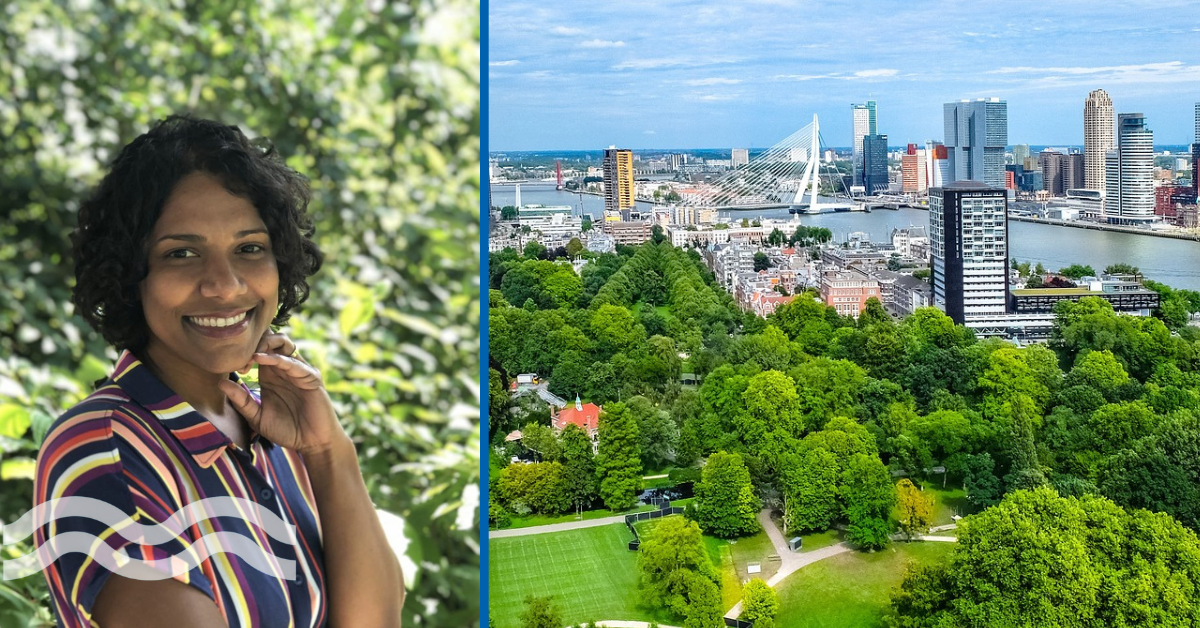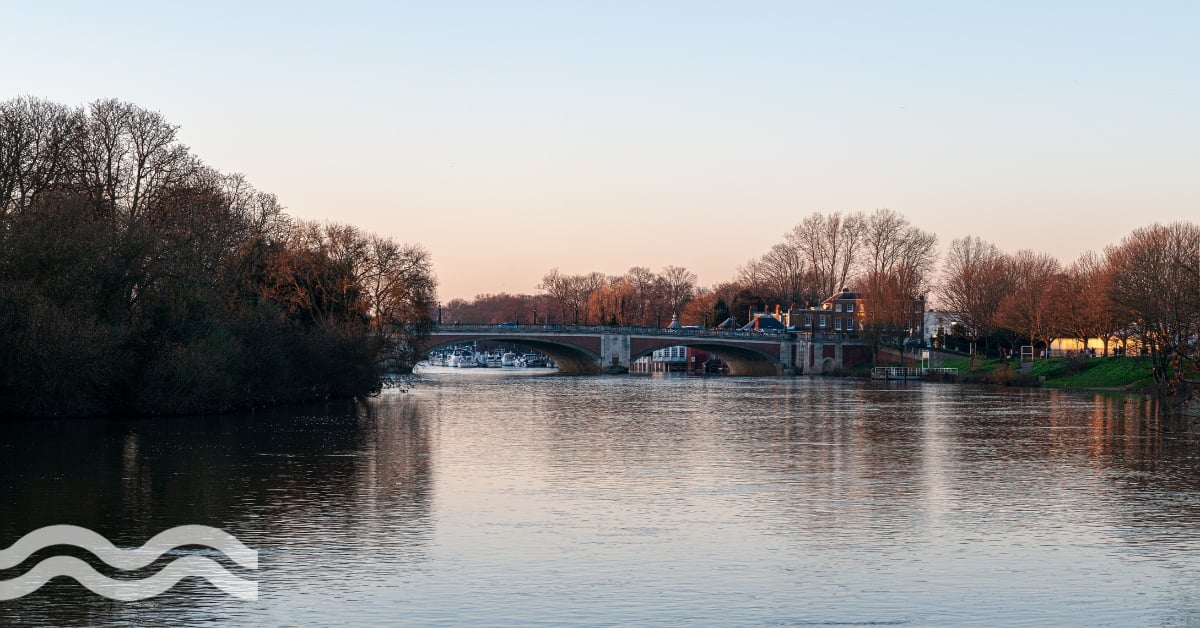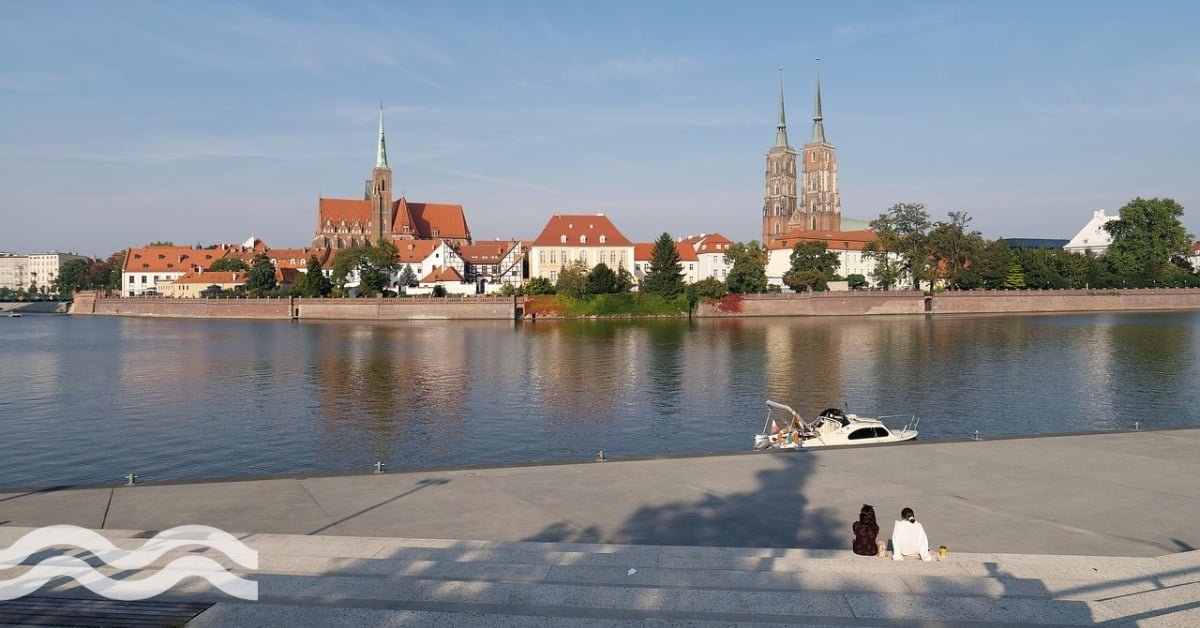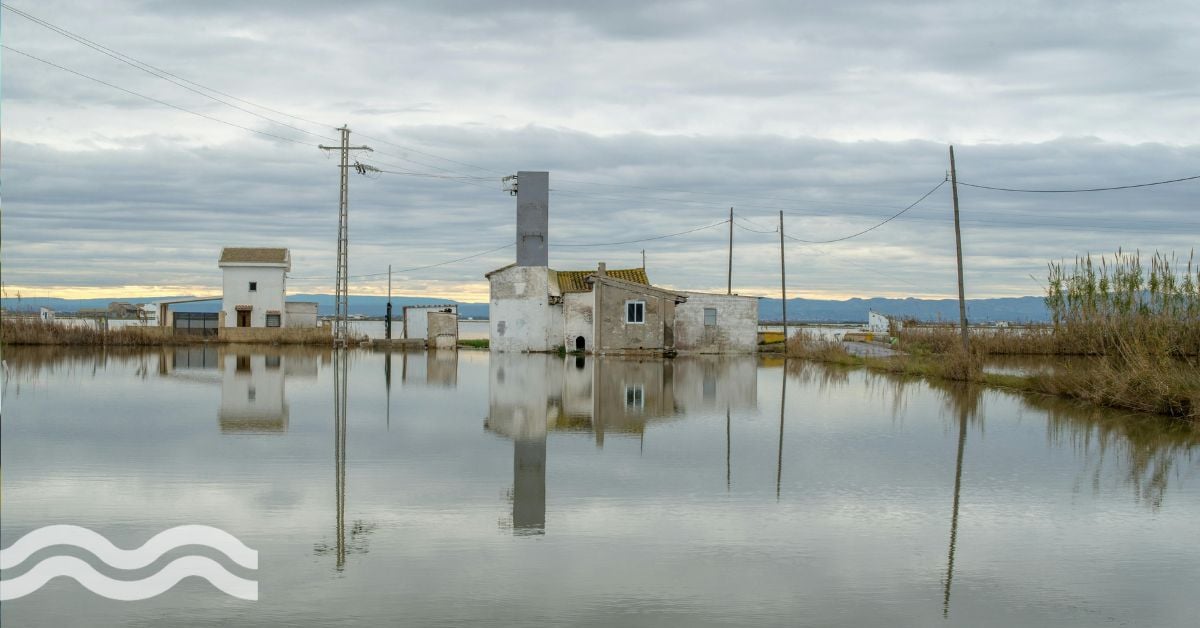Advancing rainwater reuse across European cities

A Dutch-Spanish consortium has secured a €3 million grant from the EU's LIFE programme for environmental and climate action to advance rainwater reuse in European cities and make cities climate resilient.
Adapting to climate change
Europe faces increased water scarcity and extreme weather events due to climate change. As cities grow and urban surfaces expand, conventional, centralised water systems are reaching their limits. Sustainable water sources are imperative to ensure water quality and meet urban water demand while addressing climate challenges.
The solution: Rainwater reuse
The Dutch-Spanish consortium looking to tackle this challenge comprises FieldFactors, the Delft University of Technology (TU Delft), the municipality of Alphen aan den Rijn, and Spanish partners, including the Polytechnic University of Madrid (UPM), Junta de Compensación Los Ahijones, and Apria Systems.
The consortium's approach focuses on replacing drinking water with locally collected rainwater and combines natural water purification, underground storage techniques and energy-efficient UV-LED disinfection technologies. By integrating these components, the project demonstrates that rainwater can be a reliable alternative source for urban water needs.
FieldFactors’ co-founder and CEO, Karina Pena told Aquatech Online: “In The Netherlands, there are regulatory constraints for reuse of rainwater inside buildings. In Spain, reuse of rainwater in purposes that involve closed human contact (i.e fountains or urban ponds) require high water quality.
“The UPM researcher who was leading the research of our solution in Spain identified a very promising opportunity by combining FieldFactors' BlueBloqs technology with a low-energy UV-LED technology for disinfection, developed by Apria Systems, an innovative Spanish SME located in Cantabria. So she brought us in contact.”
The CEO added: “At the time, FieldFactors was starting to collaborate with the city of Alphen aan de Rijn (NL) on a plan for rainwater storage and reuse to achieve their ambition to green the city. And with the City of Madrid to assess the performance of our solution for rainwater reuse in their integrated water management strategy in public space.
“So we brought our Dutch and Spanish partners together to discuss the possibilities of developing and piloting an integrated nature and LED based rainwater reuse solution for cities, and applied for the LIFE program in 2022. And this is how the GreenLED project started.”
Ensuring water quality
A significant challenge in reusing rainwater lies in cost-effective and environmentally friendly treatment. Urban stormwater often contains pollutants such as hydrocarbons, heavy metals, microplastics, and pathogens. This project aims to remove contaminants, making rainwater safe for various applications, including irrigation, recreational water features, and industrial processes.
Cities like Rotterdam, The Hague, and Pijnacker-Nootdorp are at the forefront of transitioning to local water sources as part of their climate adaptation strategies. These cities have successfully employed BlueBloqs technology for rainwater treatment and storage, meeting water quality standards and regulations.
As part of this new project, the municipality of Alphen aan den Rijn is taking bold steps to combat heat stress and flooding. They plan to install green facades, green roofs, and disconnect roof surfaces from the sewerage system to provide rainwater for reuse. Madrid is also implementing the consortium's solution to supply fountains with rainwater, ensuring sustainable water use, even during dry periods.
Continuous monitoring and knowledge sharing
TU Delft and UPM will continuously monitor the pilot sites in Alphen aan den Rijn and Madrid to assess the solution's effectiveness. The project aims to demonstrate rainwater's viability as an alternative water source while meeting stringent water quality and health regulations, providing valuable insights for other cities.
Pena added: “Creating alternative sources for water supply is critical to enhance the climate adaptive capacity of the European cities. Seasonal restrictions on water use are increasingly common across Europe, while cities strive to adapt to changing climate conditions, add green to combat heat stress and attenuate extreme rain events.
“Meanwhile, the built-up areas continue to expand, increasing the pressure on the water infrastructure network and drinking water production. It is evident that the centralised water management model has reached its limits. Creating alternative sources for sustainable water supply is therefore pivotal to make European cities climate resilient.”
The Dutch-Spanish consortium's €3 million grant from the EU's LIFE programme marks a significant step toward advancing sustainable urban water management. The innovative rainwater reuse approach not only conserves drinking water but also contributes to climate adaptation. By harnessing nature and technology, they offer a model for cities across Europe seeking sustainable water solutions. As the project unfolds, it holds promise for addressing water challenges and improving urban resilience.


